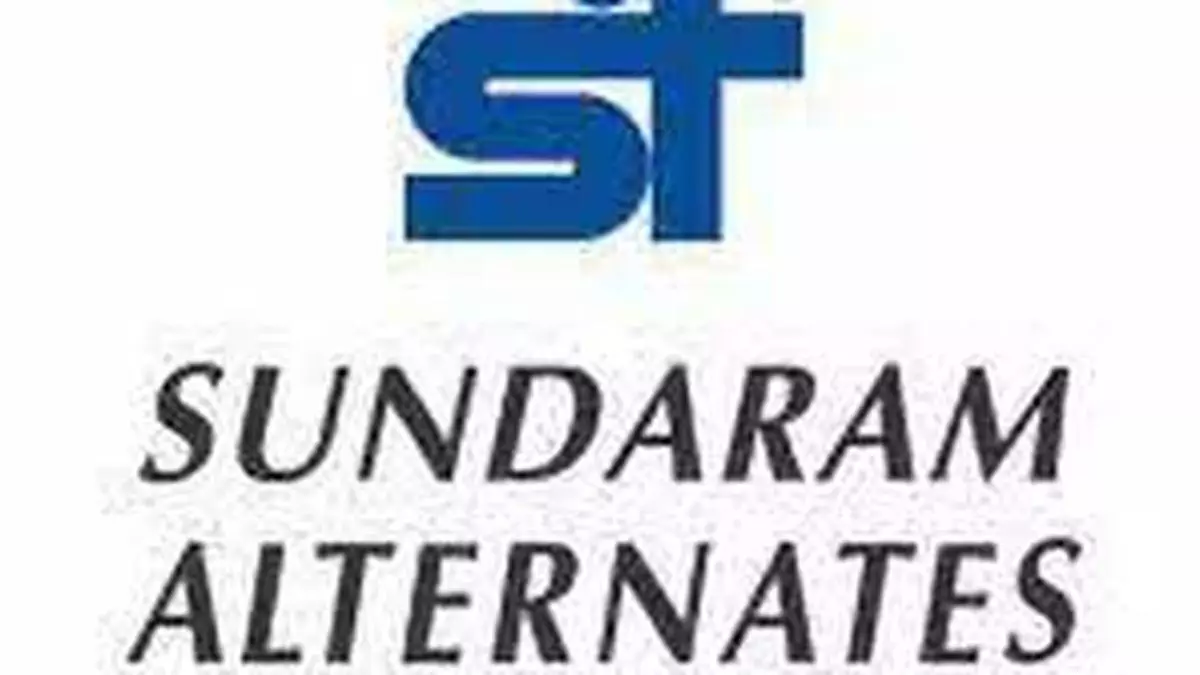Sundaram Alternates expects to raise DFI funds after its adoption of IFC standards for real estate projects
Sundaram Alternates, which is currently pooling money for its fourth real estate debt fund, expects to raise money from global development finance institutions, consequent to it adopting the ‘EDGE code’ of IFC, Washington. EDGE is a sort of a guideline for evaluating the ‘greenness’ of real estate projects.
Sundaram Alternates is a wholly owned subsidiary of Sundaram Assets Management Company Ltd, which is a subsidiary of Sundaram Finance Ltd, a leading non-banking finance company. Sundaram Alternates is currently putting together its fourth fund which would lend to residential real estate projects. The new fund has garnered ₹250 crore; the company expects to close it by March with a kitty of ₹1,500 crore.
Karthik Athreya, Head – Fund Strategy (Private Credit), told businessline today that Sundaram Alternates began adopting EDGE standards a year-and-a-half ago, for evaluating the greenness of real estate projects it would provide debt for. This, he said, had opened up conversations with international development finance institutions, such as IFC, Washington.
The EDGE standards are of three levels — the first level is where a project saves at least 20 per cent in energy, water and embodied energy in materials; the second, 40 per cent and the third, 100 per cent, by using 100 per cent renewables or purchased carbon offsets. “All energy must be accounted for, including LPG and diesel,” says IFC, Washington. The third level also requires renewal after every four years.
Sundaram Alternates has started applying the first level standards, Athreya said. IFC accepts two certifying agencies – the US-headquartered Green Business Council International and the UK-based Sintali. Sundaram Alternates works with Sintali, Athreya said, adding that the company would have evaluated about 25 real estate projects on EDGE level-1 standards.
Huge potential
In a recent media roundtable, Athreya said that the scope for residential real estate financing in India was enormous, given that banks and non-banking financial institutions face RBI restrictions in lending. For example, they cannot lend for purchase of land or acquiring completed properties.
Against a market of about $25-30 billion per year, at least $10 billion is left open for funds like Sundaram Alternates, as banks and NBFCs can’t enter this area — but only about $3 billion is flowing to this segment.
With borrowers galore, the main challenge for debt funds, therefore, is to garner finance pools for lending. Here is where adopting EDGE standards is an advantage.
Sundaram Alternates’ three previous real estate debt funds, ₹1,405 crore in all, have returned over 17 per cent to the investors.
